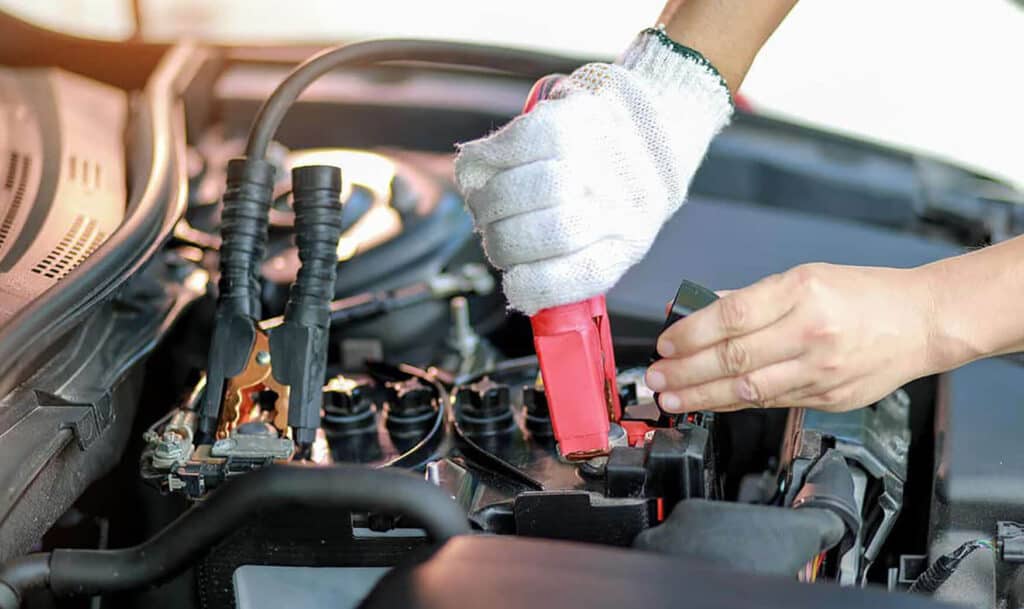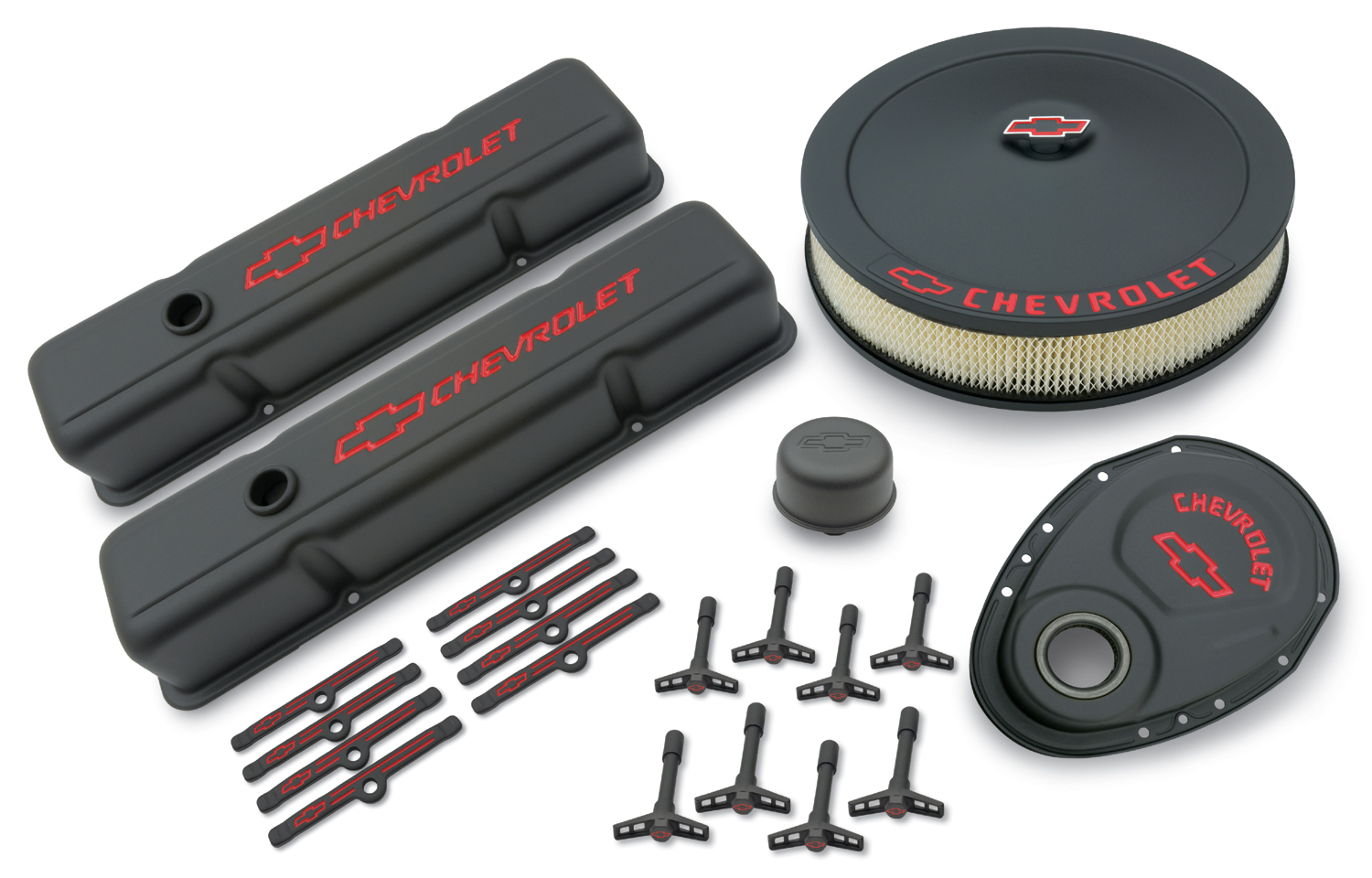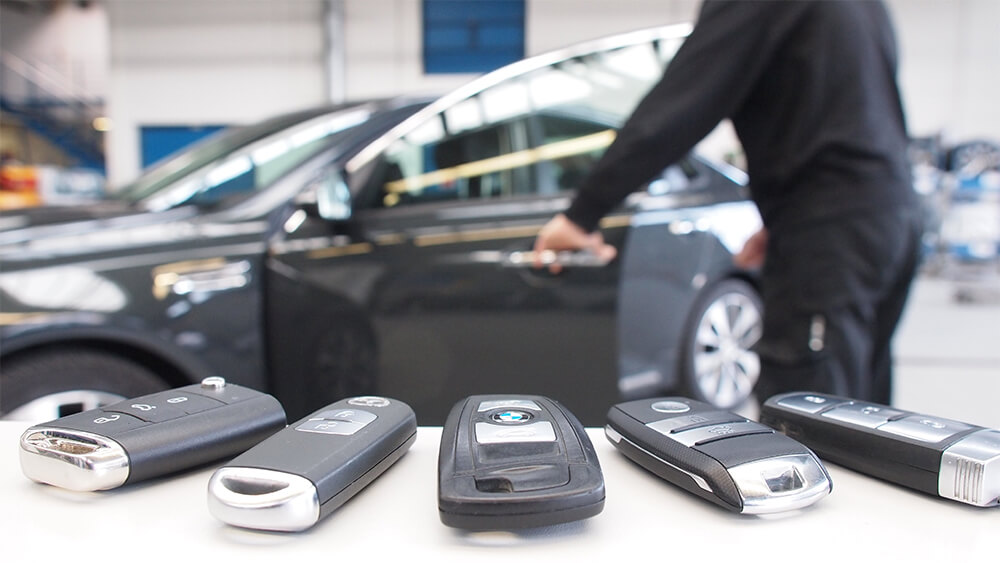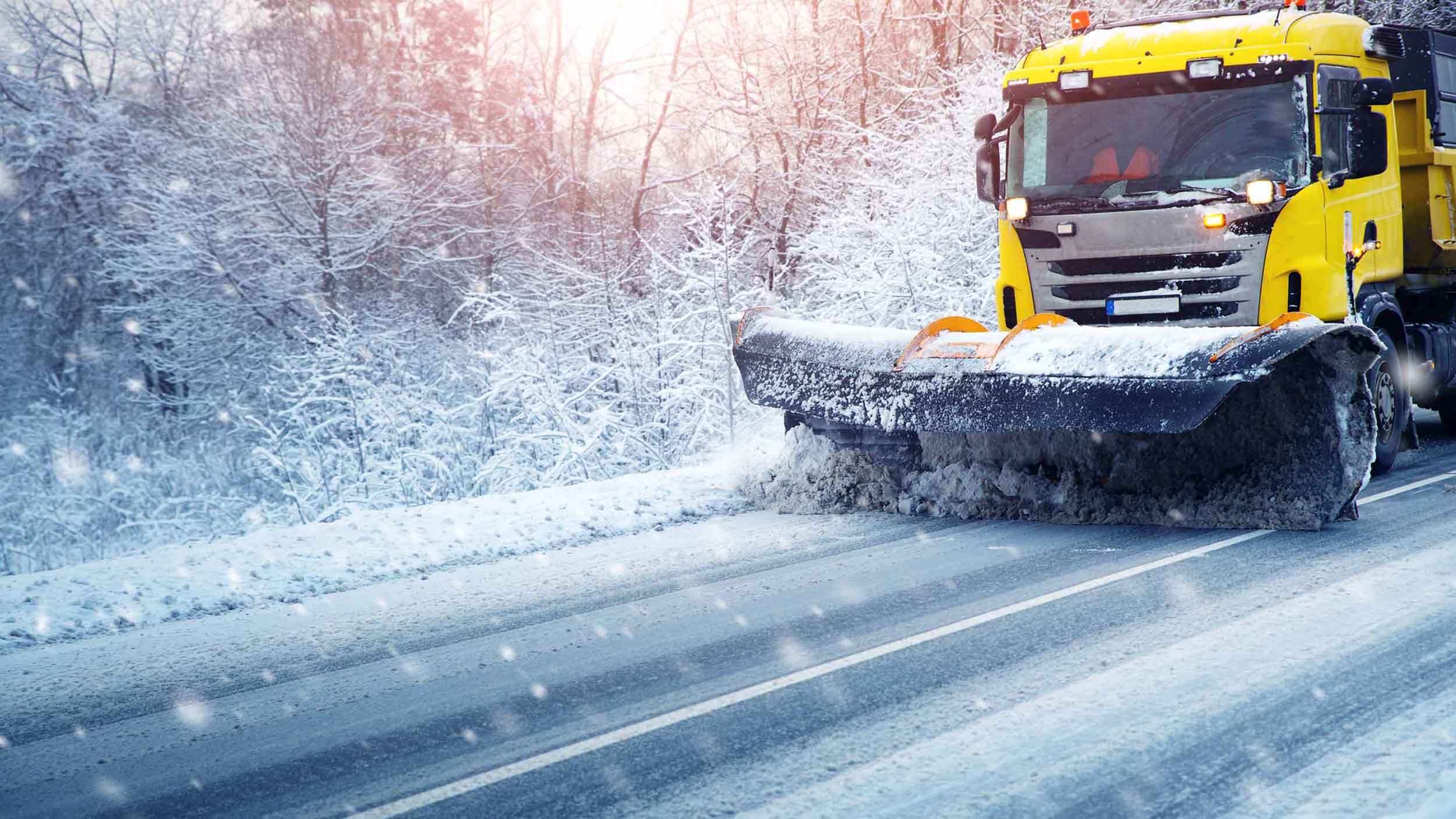When it comes to the wellbeing of your vehicle, understanding the early warning signs of trouble can mean the difference between a minor repair and a major headache. Among the myriad components that ensure your car’s smooth operation, the starter motor holds a pivotal role. This electric motor kicks into action the moment you turn the key or press the start button, breathing life into the engine. But like all mechanical parts, starter motors can wear out over time. Recognising the common symptoms of a failing starter motor can save you time and money, ensuring your vehicle remains reliable on the road.
Table of Contents
Silence or Clicking Sounds on Attempt to Start
One of the most straightforward signs of a starter motor issue is what you hear – or don’t hear – when you try to start your car. If you turn the key or press the start button and are greeted with silence or a series of clicks, your starter motor might be the culprit. This clicking sound typically indicates that the starter motor isn’t receiving enough power to engage the engine, suggesting a fault within the starter system.
Intermittent Issues Starting the Vehicle
If starting your car feels like a game of roulette, where sometimes it revs to life and other times it stubbornly refuses, your starter motor might be on its last legs. These intermittent issues can be particularly perplexing, often mistaken for battery problems. However, a failing starter motor can exhibit these symptoms due to internal wear and tear.
The Engine Cranks Slowly
When you attempt to start the vehicle, and the engine turns over more slowly than usual, it’s a sign that your starter motor may not be operating at full capacity. This symptom, often described as a laboured start, suggests that the starter motor is struggling to convert electrical energy into mechanical energy efficiently.
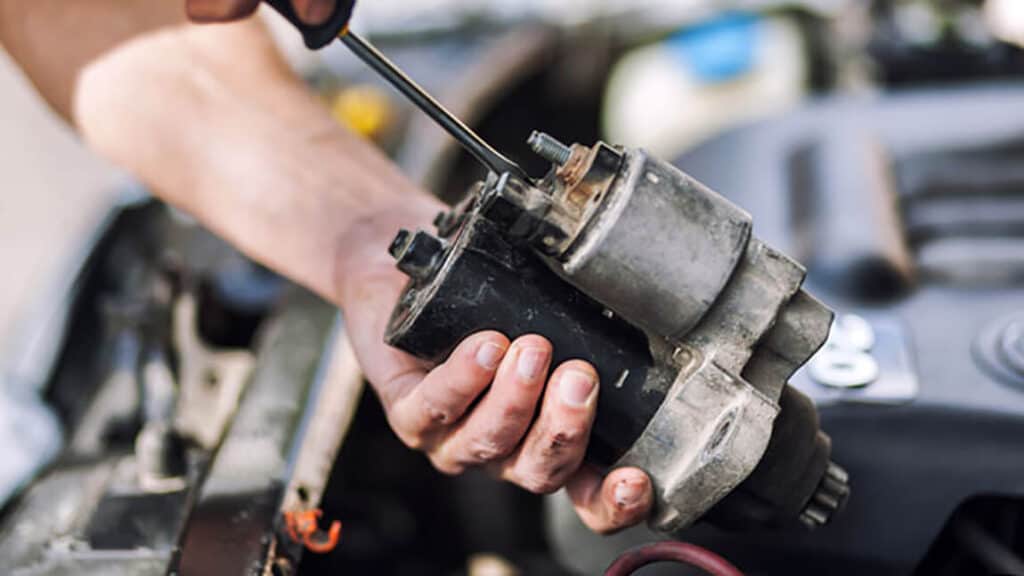
Smoke or Burning Smell
Observing smoke or detecting a burning smell upon trying to start your vehicle is an unmistakable sign of a problem. When related to the starter motor, these symptoms can indicate that it is overheating due to continuous power being supplied from the battery, possibly because of a short circuit or overexertion.
Freewheeling
A particularly alarming symptom is what’s known as freewheeling – this occurs when you turn the key, and instead of the engine starting, you hear a high-pitched whining noise from the starter motor spinning freely. This issue suggests that the starter gear is not engaging with the engine’s flywheel as it should.
Testing Your Starter Motor
If you’re experiencing any of the symptoms mentioned above, it may be time to test your starter motor to diagnose the issue accurately. When it comes to the matter of how to test a starter motor, these types of motors involve a few specific checks to determine whether it’s functioning correctly or if it needs a replacement.
Ready to get started?
Identifying the signs of a failing starter motor early on can significantly impact the longevity and reliability of your vehicle. By paying attention to these symptoms and taking proactive steps to test your starter motor, you can ensure that your car remains a dependable mode of transportation for years to come.


